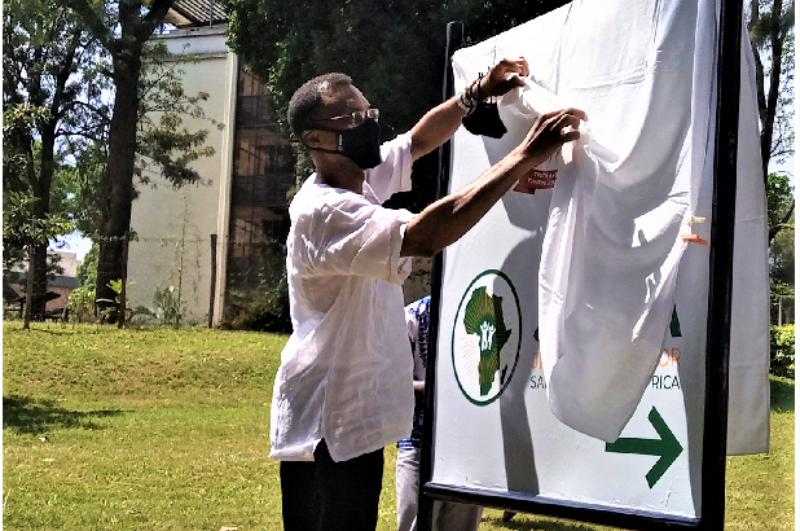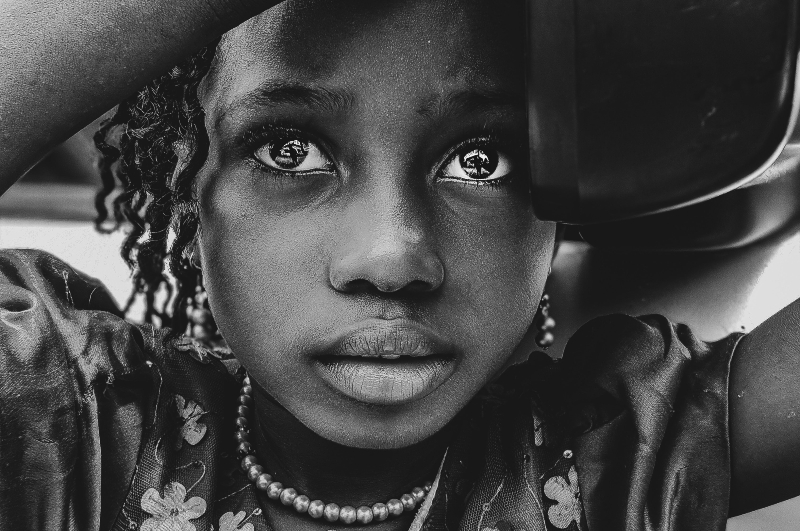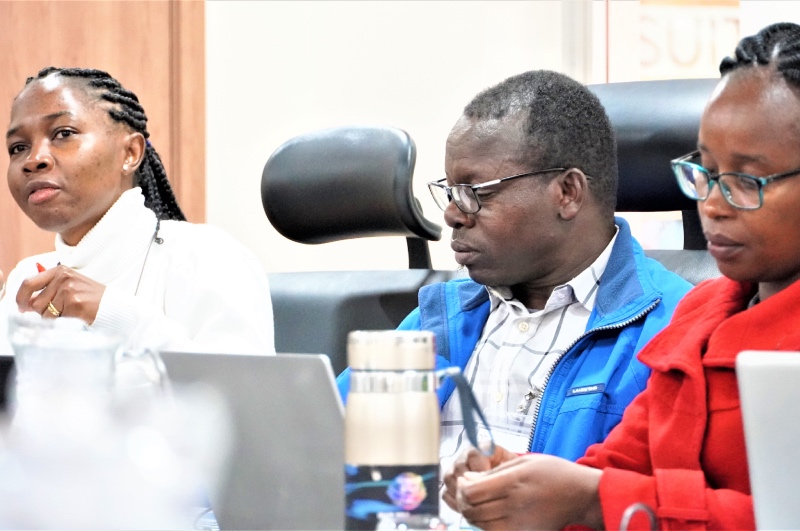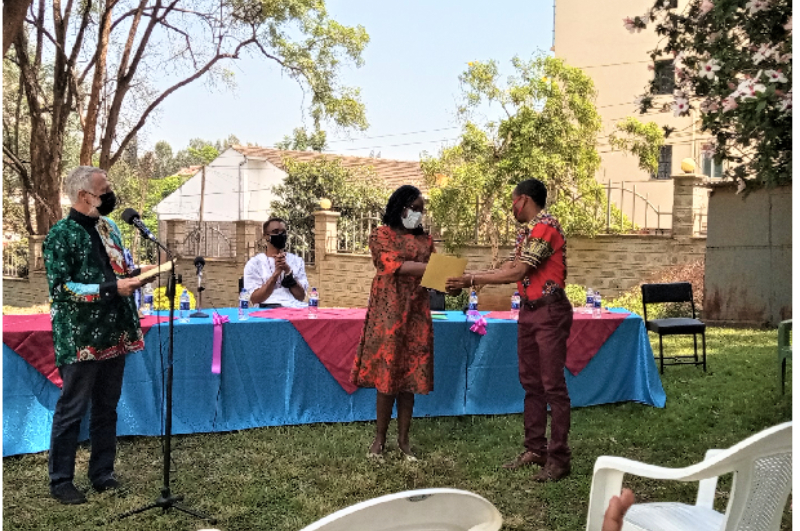

The Jesuit Centre for Safeguarding in Africa (JCSA) is a training and research Centre under the auspices of the Jesuit Conference of Africa and Madagascar (JCAM) was launched on January 16th.
JCSA was established at Hekima University College in Nairobi to coordinate teaching and research activities in Anglophone and Francophone Africa (the latter through L’Institut de Théologie de la Compagnie de Jésus [ITCJ]) in Abidjan, Ivory Coast.
Context of abuse in Africa
The scale of child abuse is high, although this fact is not unique to the African continent. However, some challenges predispose some communities in Africa more than others to circumstances that result in high rates of child abuse. Generally, there are multiple factors, often operating together that drive the abuse of children. Cultural practices, socio-economic challenges and war are some of the biggest factors driving child abuse.
The launch, therefore, brought together Jesuits and laypersons to witness the milestones the Jesuits in Africa have made in enabling safe spaces within the African continent where Children and Vulnerable Adults have a voice and are protected from all forms of abuse. The Centre has been operational since 2021 and has facilitated numerous seminars and short courses on Child Protection and Safeguarding to both Jesuits and laypersons.
The JCAM President Fr. Agbonkhianmeghe Orobator, SJ, officiated the launch, officially opening the Centre in a ribbon-cutting event. He also blessed the premises.
During the opening of the Centre, the first group of students at the Centre were also awarded certificates after the completion of their courses.
So why was the Centre created?
The creation of this Centre was inspired by the resolutions of the 36th General Congregation of the Society of Jesus (2016) which mandated Father General Arturo Sosa and all Jesuits “to continue working with Major Superiors and Conferences to promote, within the communities and ministries of the Society, a consistent culture of protection and safety for minors, in keeping with the suggestions of the Congregation regarding formation, community life, ministries and governance.”
Further inspiration came from Pope Francis’ 2016 Motu Proprio “As a loving mother” which emphasises the role of the Church in child safeguarding in the following words: “The Church loves all her children like a loving mother, but cares for all and protects with a special affection those who are smallest and defenseless. This is the duty that Christ himself entrusted to the entire Christian community as a whole. Aware of this, the Church is especially vigilant in protecting children and vulnerable adults … this duty of care and protection devolves upon the whole Church.”
However, in the African context, safeguarding as a general concept is embraced, but comprehensive understanding of what it entails is generally limited and there is little consistency in what it is considered to be. There are also strong sentiments that safeguarding is a “rights agenda”, or a “western agenda”. However, from experience, the underlying problem is a cultural question, where certain practices are accepted, and a broader culture of silence, where communities, parents and caregivers do not openly discuss sexuality, and where acknowledging and talking about abuse is considered shameful and stigmatizing. This became an impediment to facilitating a safeguarding environment and hence the need to offer training to increase understanding and commitment was identified. This was consistent with the fact that unless conscientization happens at a wider level, meaningful change cannot take place in the Church and community. In addition, there is a dearth of appropriate training programmes and resources on safeguarding for the African context. Therefore, the Centre was started with the aim of bridging the gap in training and conducting research to further inform the subject. The Centre is also at the service of the Church in Africa, as it will not limit itself to serving the Society of Jesus.
The focus of our training
The training offered by the Centre is designed to be comprehensive in the content and skills it seeks to impart. It is therefore taught in a multidisciplinary method comprising of theology, anthropology, psychology, and legal dimensions.
The Centre is also designed to host a virtual Community of Practice for safeguarding professionals working in and with the Church in Africa. This way, JCSA will hopefully grow skills and greater understanding of safeguarding the African context.
Related Articles


Select Payment Method
Pay by bank transfer
If you wish to make a donation by direct bank transfer please contact Fr Paul Hamill SJ treasurer@jesuits.africa. Fr Paul will get in touch with you about the best method of transfer for you and share account details with you. Donations can be one-off gifts or of any frequency; for example, you might wish to become a regular monthly donor of small amounts; that sort of reliable income can allow for very welcome forward planning in the development of the Society’s works in Africa and Madagascar.
Often it is easier to send a donation to an office within your own country and Fr Paul can advise on how that might be done. In some countries this kind of giving can also be recognised for tax relief and the necessary receipts will be issued.



